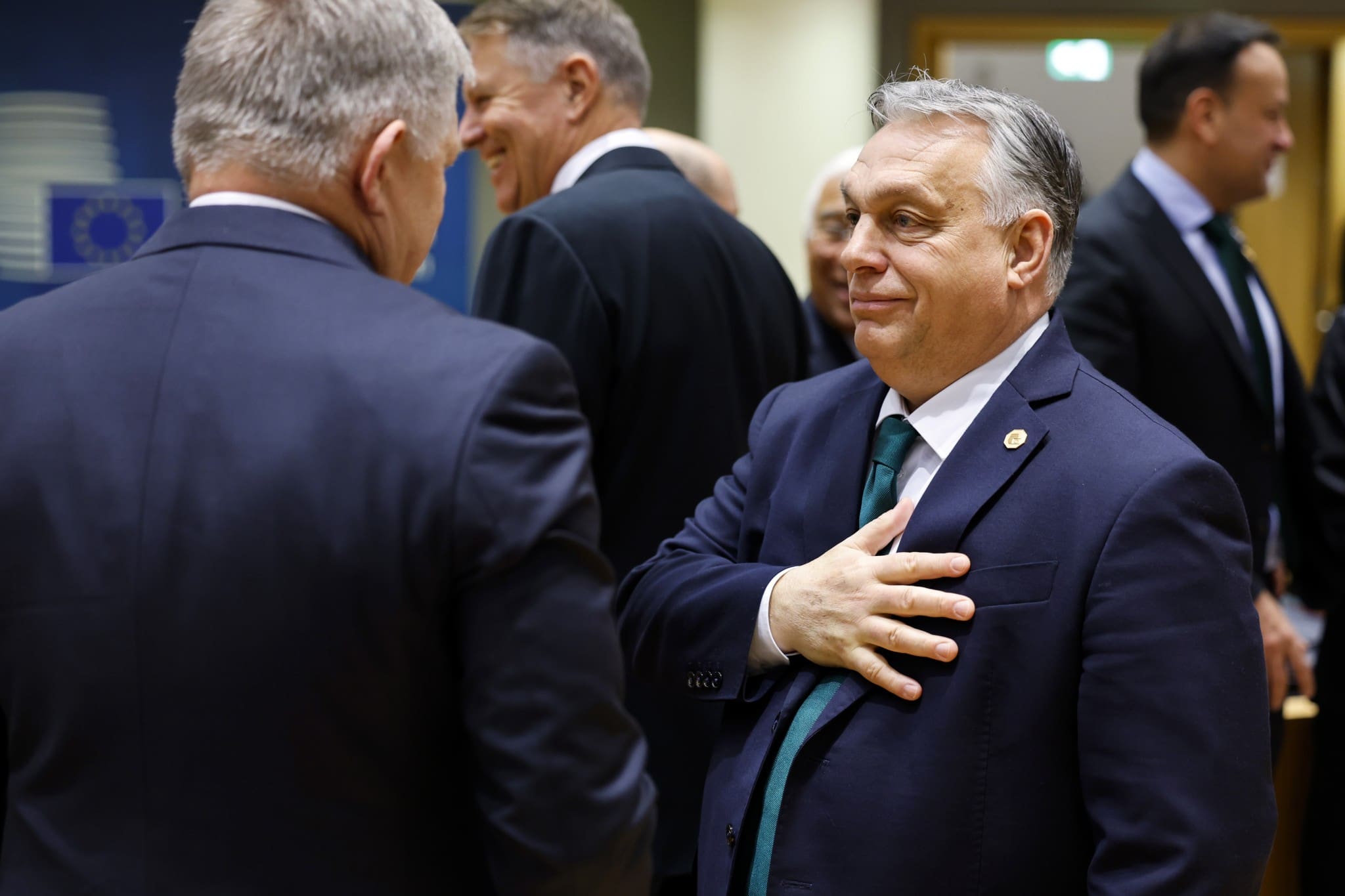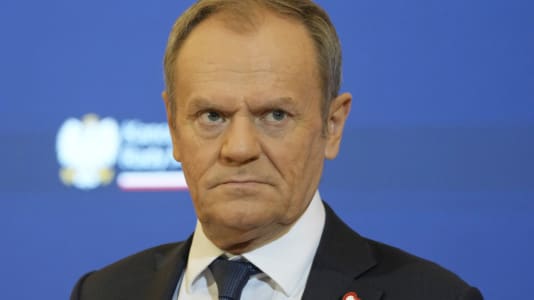The leaders of EU member states agreed on Thursday a new financial aid package for Ukraine worth €50 billion to be distributed from within the EU budget.
The deal was announced by European Council President Charles Michel following a meeting of European leaders in Brussels — an event largely overshadowed by mass farmers’ protests around the perimeter of the EU institutions.
“We have a deal,” Michel announced on X far earlier than anyone expected on Thursday morning. All 27 leaders agreed on an additional €50 billion support package for Ukraine within the EU budget,” he added.
It hailed a breakthrough in negotiations with Hungarian Prime Minister Viktor Orbán, who was the only Council member to veto the measure at the last summit in December.
The Hungarian leader had been opposed to carte blanche financial handouts to Kyiv from within the EU budget itself and had called for safeguards to be implemented into the multi-annual funding package.
The details of any concessions made to appease Orbán are yet to be disclosed, but Remix News understands that annual reviews of the funding were a key condition to any sign-off from Budapest.
EU leaders such as Polish Prime Minister Donald Tusk had expressed their growing frustration with Hungary’s position, accusing Orbán of holding the bloc to ransom.
“We have a system of unanimity for making big decisions here in Brussels, but it’s on the basis that everyone acts in good faith and is willing to make compromises,” said Irish leader Leo Varadkar, who claimed to be growing “very frustrated” with Orbán. “I think all the other heads of government are, too,” he added
“I think the prime minister of Hungary is misusing the unanimity principle, and we should defend it,” claimed Lithuanian President Gitanas Nausèda.
Hungary, however, insisted it wasn’t preventing any other nation from sending funds should it wish to and insisted that bilateral agreements were preferable to sending more money to the centralized European Union to oversee its distribution.
It also pointed to the fact that it was actually the European Union attempting to hold Budapest to ransom, as evidenced by recently leaked plans to suspend all funding to Hungary unless Orbán compromised on his position at this summit.
In the end, an agreement was reached swiftly following closed-door meetings between Orbán; European Council President Charles Michel; European Commission President Ursula von der Leyen; and the leaders of France, Germany, and Italy.
Despite the deal, funds owed to Hungary withheld by the European Commission will remain frozen, according to an EU diplomat as cited by Reuters.
Eyes will now be drawn to Washington D.C. to see if U.S. lawmakers follow suit after the latest financial aid package for Kyiv was held up in Congress.






